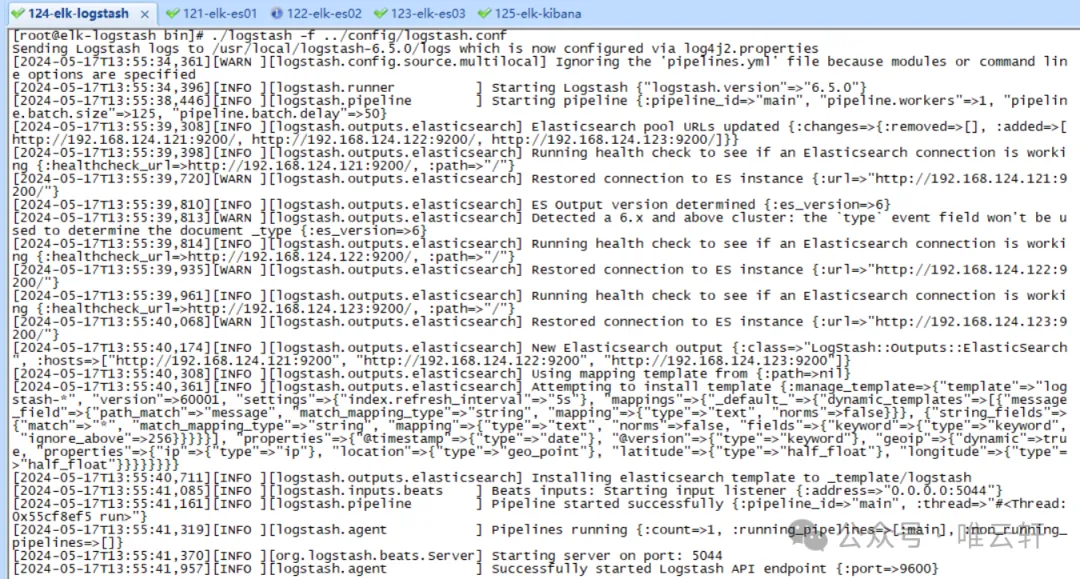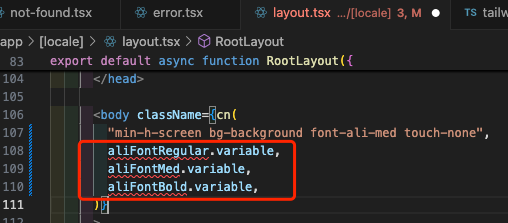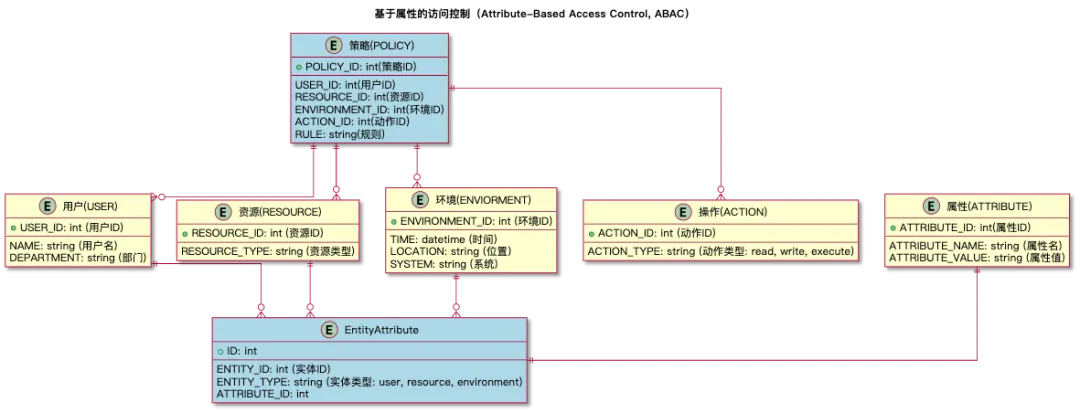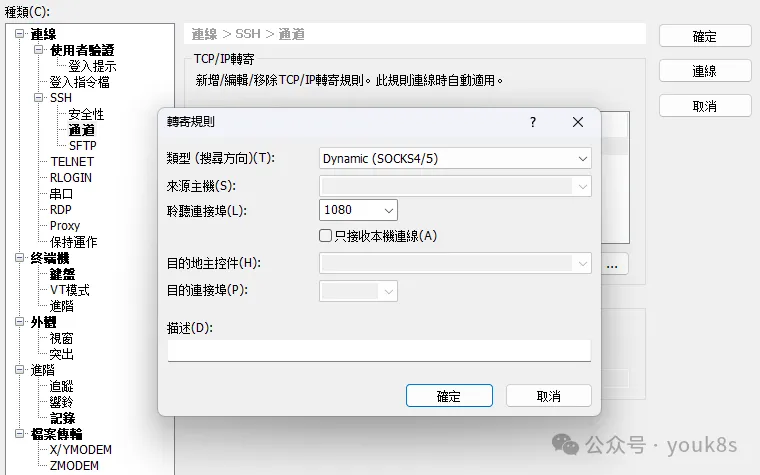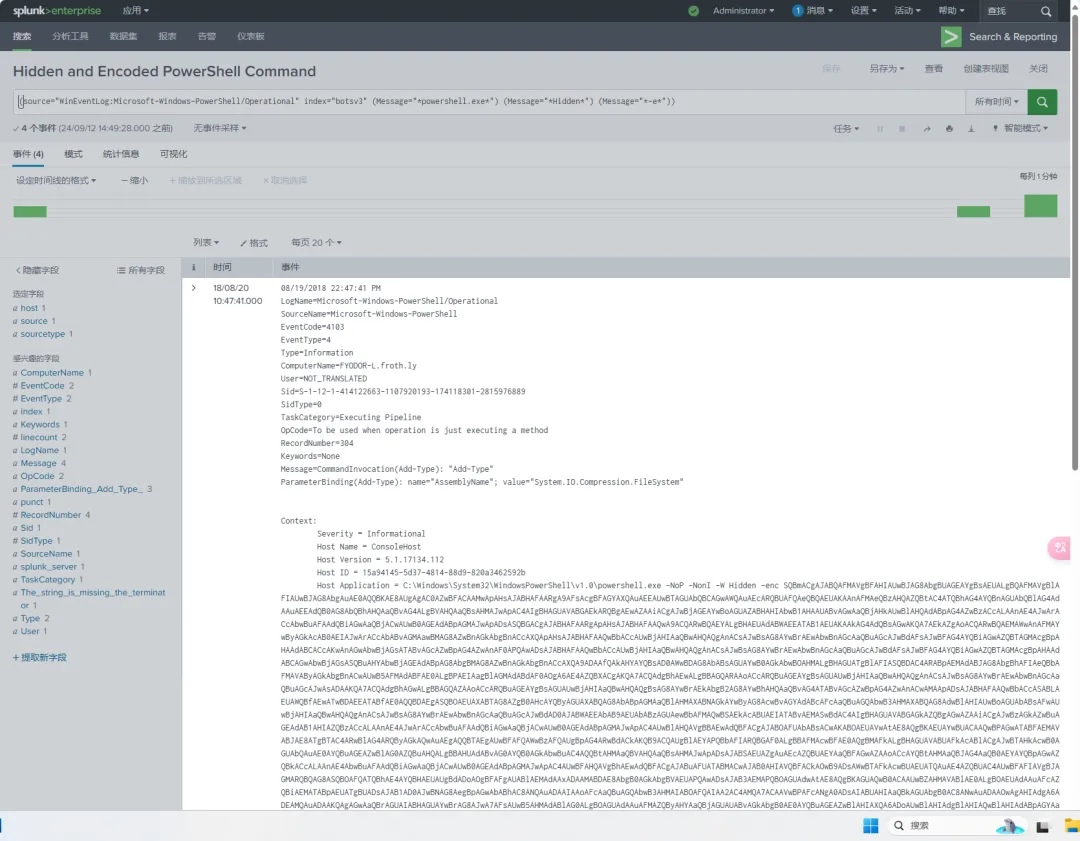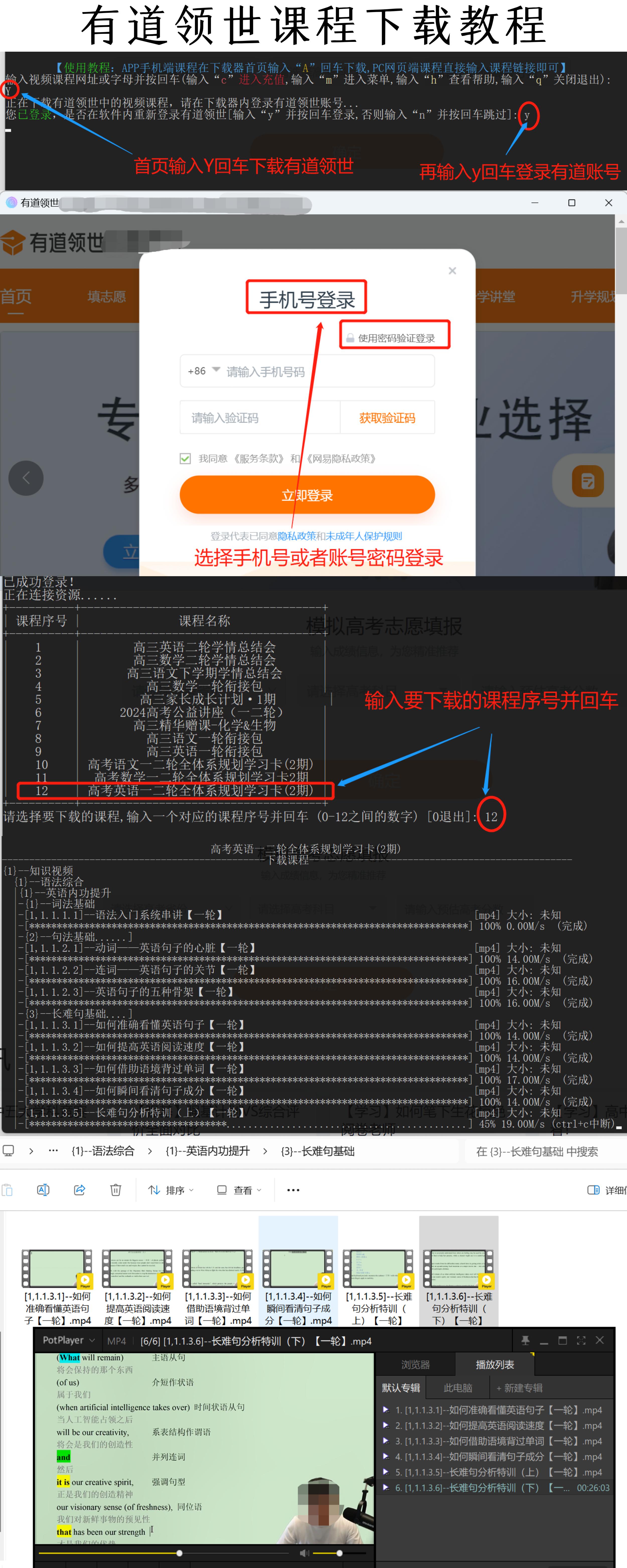001、
[root@PC1 test]# ls test.c [root@PC1 test]# cat test.c ## 测试程序 #include <stdio.h>int main(void) {int var1 = 5; // 初始化一个变量var1int array1[var1] = {3,5,8,4,9}; // 初始化数组return 0; } [root@PC1 test]# gcc test.c -o kkk ## 无法进行编译,说明声明数组个数时,必须使用常量表达式 test.c: In function ‘main’: test.c:7:2: error: variable-sized object may not be initializedint array1[var1] = {3,5,8,4,9};^ test.c:7:2: warning: excess elements in array initializer [enabled by default] test.c:7:2: warning: (near initialization for ‘array1’) [enabled by default] test.c:7:2: warning: excess elements in array initializer [enabled by default] test.c:7:2: warning: (near initialization for ‘array1’) [enabled by default] test.c:7:2: warning: excess elements in array initializer [enabled by default] test.c:7:2: warning: (near initialization for ‘array1’) [enabled by default] test.c:7:2: warning: excess elements in array initializer [enabled by default] test.c:7:2: warning: (near initialization for ‘array1’) [enabled by default] test.c:7:2: warning: excess elements in array initializer [enabled by default] test.c:7:2: warning: (near initialization for ‘array1’) [enabled by default]
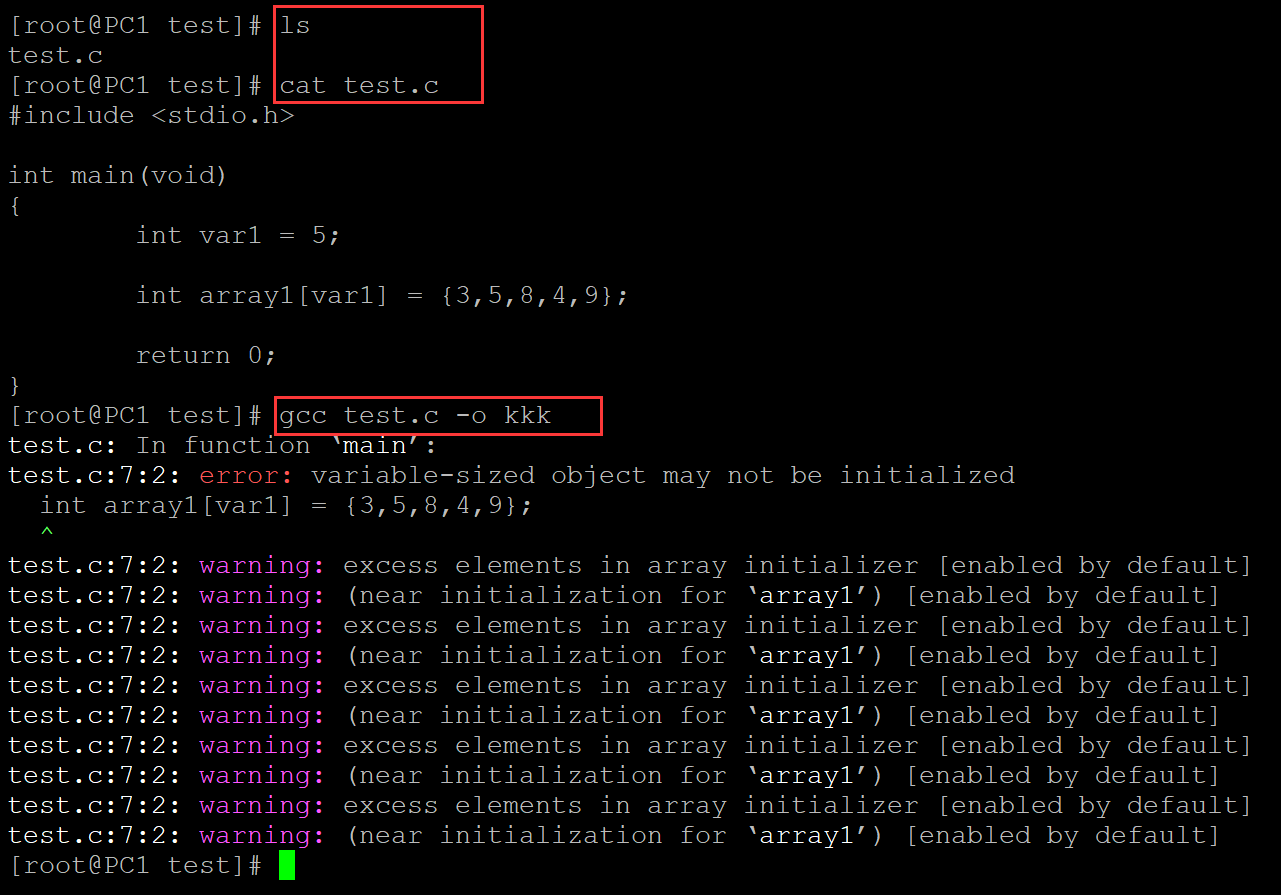
。
002、验证
[root@PC1 test]# ls test.c [root@PC1 test]# cat test.c ## 测试程序 #include <stdio.h>int main(void) {int var1 = 5;int array1[5] = {3,5,8,4,9}; // 这里数组个数修改为常量return 0; } [root@PC1 test]# gcc test.c -o kkk ## 可以编译了 [root@PC1 test]# ls kkk test.c
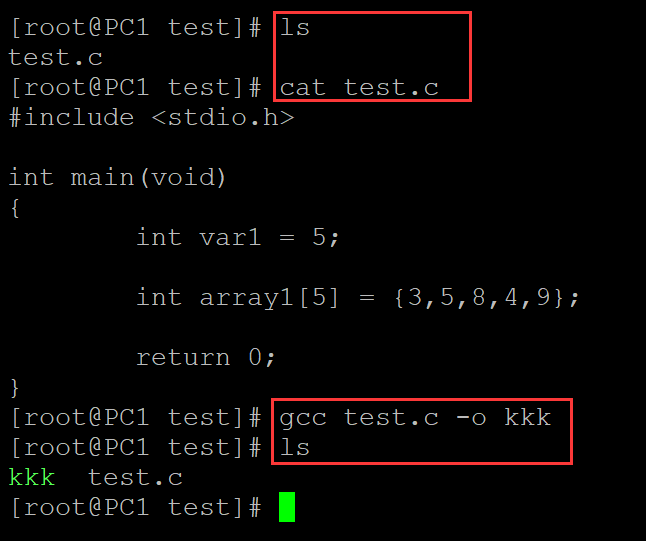
。
003、使用对象式宏



